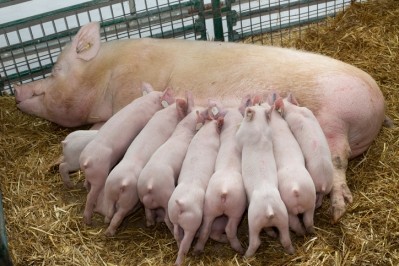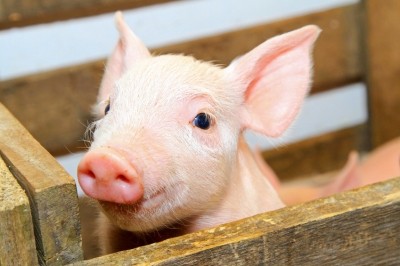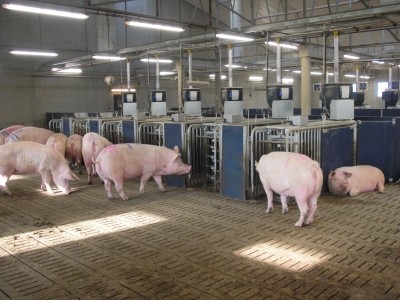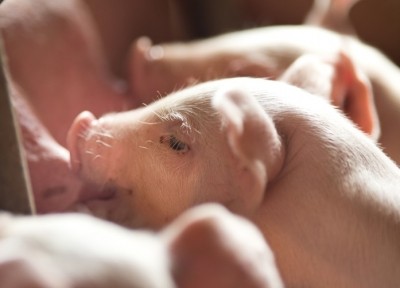Special Edition: pig and poultry feed trends
AFIA recognizes US researcher for swine nutrition work
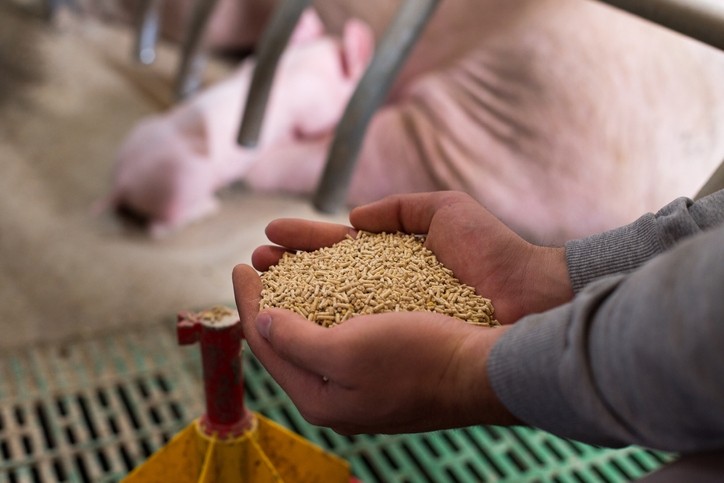
The American Feed Industry Association (AFIA) along with the Federation of Animal Science Societies (FASS) have recognized the swine nutrition and mineral work of Donald Mahan, professor emeritus from the Ohio State University, naming him as the recipient of the 2016 New Frontiers in Animal Nutrition Award.
It is considered a lifetime achievement award, said AFIA.
We caught up with Mahan to talk about his research, the contributions he and his team have made to the swine industry.
“I’ve felt like our research has opened up new areas of investigation that other people had not considered, so I felt honored that they gave it [the award] to me," he told us.
However, he said, knowledge gaps persist regarding the inclusion of minerals in pig rations, particularly in relation to the dietary levels required.
“People have not really recognized how different sows are as we’ve increased productivity,” he said.
As litter sizes have grown, the sows produce more milk which increases their nutritional requirements and all this puts a great deal of stress on the animals, he said. Its a whole new area of investigation, said Mahan.
“The nutrient requirements for swine have changed tremendously, largely because of the genetics and means of growth,” he said. “Any time you change the composition of the pig you’re changing its nutrient requirements, and over the years you could see the tremendous change in the pig.”
Mineral loss
Mahan has also examined the effect from adding dried whey and lactose to the diets of young pigs.
“Dried whey used to be a waste product,” said Mahan. “We found that that if you have a good quality dried whey the pig would benefit [in] growth and feed intake and we did quite a bit of work with that.
The most interesting of his previous projects is one looking at the effects of adding organic selenium to the diet of sows as the findings have helped improve work done in the swine industry, he said. “They had more pigs, they had less birth problems, they produced more milk and the weanling pigs were more uniform,” he added of the results from selenium use.
He also studied how sows lost minerals through repeated parities, he said. “I found that a sow would deplete her body of minerals over time but that organic selenium seemed to help prevent that decline and so spent quite a bit of time looking at sow composition,” he added.
However, not all the questions regarding use of minerals have been answered, said Mahan. Although retired, he is set to finish writing up research done examining mineral depletion and replenishment work in sows.
“There are a lot of questions in the mineral area, it’s a difficult area to work in,” said Mahan. “They’re incorporated in such micro amounts that it’s difficult to do the work.”
It would be interesting to pursue that topic, especially as regards weanling or grower-finisher pigs, he said, or to examine more completely the differences in use of organic or inorganic minerals in diets.
“The higher producing sows, they have a higher mineral [requirement] and with the reproducing sow, we don’t know what the requirements are,” he said. “I see that as a fruitful and interesting area for the future.”
